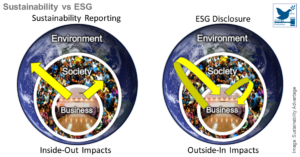
What’s Lost When We Talk ‘ESG’ and Not ‘Sustainability’
Corporate profitability is the sole purpose of ESG (environment, social and governance) disclosure, not sustainable development per se. SDG achievement for the sustainability of the biosphere and socio-economic environment of the world for all stakeholders is not the intended purpose of ESG. Instead, it focuses on pr ...
Posted on 30/05/22
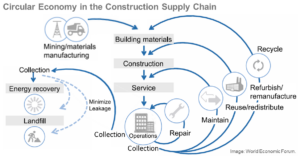
Nexus Between Life Cycle Assessment, Circularity, and Sustainability Indicators – Part I: A Review
Sustainable building design influences life cycle costs (LCC) and the level of circularity (LoC) and calls for use of life cycle assessment (LCA) and circularity indicator-based approaches. Depending on the product and the circular economy (CE) scenarios, different types of connections – beneficial, conditional, or sc ...
Posted on 16/05/22
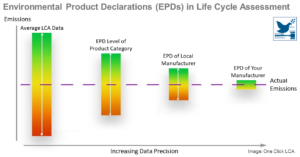
Sustainable Material Selection – A Guide
Construction is responsible for a huge amount of emissions and environmental degradation. How and by whom materials are made is key to transitioning to a sustainable economy. An important tool in assessing the ecological impacts is environmental product declarations (EPD), which are product-specific impact assessment ...
Posted on 06/05/22
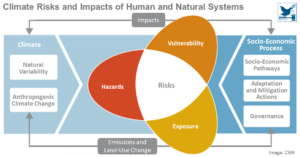
Climate Claims against Governments in Europe
Environmental claims are part of the movement in seeking justice and taking legal action to promote social, economic and environmental sustainability. State and EU-level climate action and policies are being challenged for being insufficient to limit the global average temperature increase to below 2°C, as stipulated i ...
Posted on 02/05/22
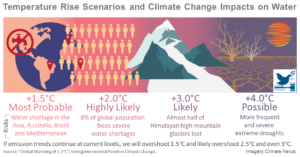
IPCC WGII Sixth Assessment Report – Technical Summary
There are various global temperature rise and ecosystem impact scenarios, representing uncertainty that affects climate change exposure and vulnerability. This IPCC report summarizes the current understanding of observed climate change impacts on ecosystems, human societies and their cities, settlements, infrastructur ...
Posted on 16/04/22
Postings2025-01-08T09:00:41+02:00

